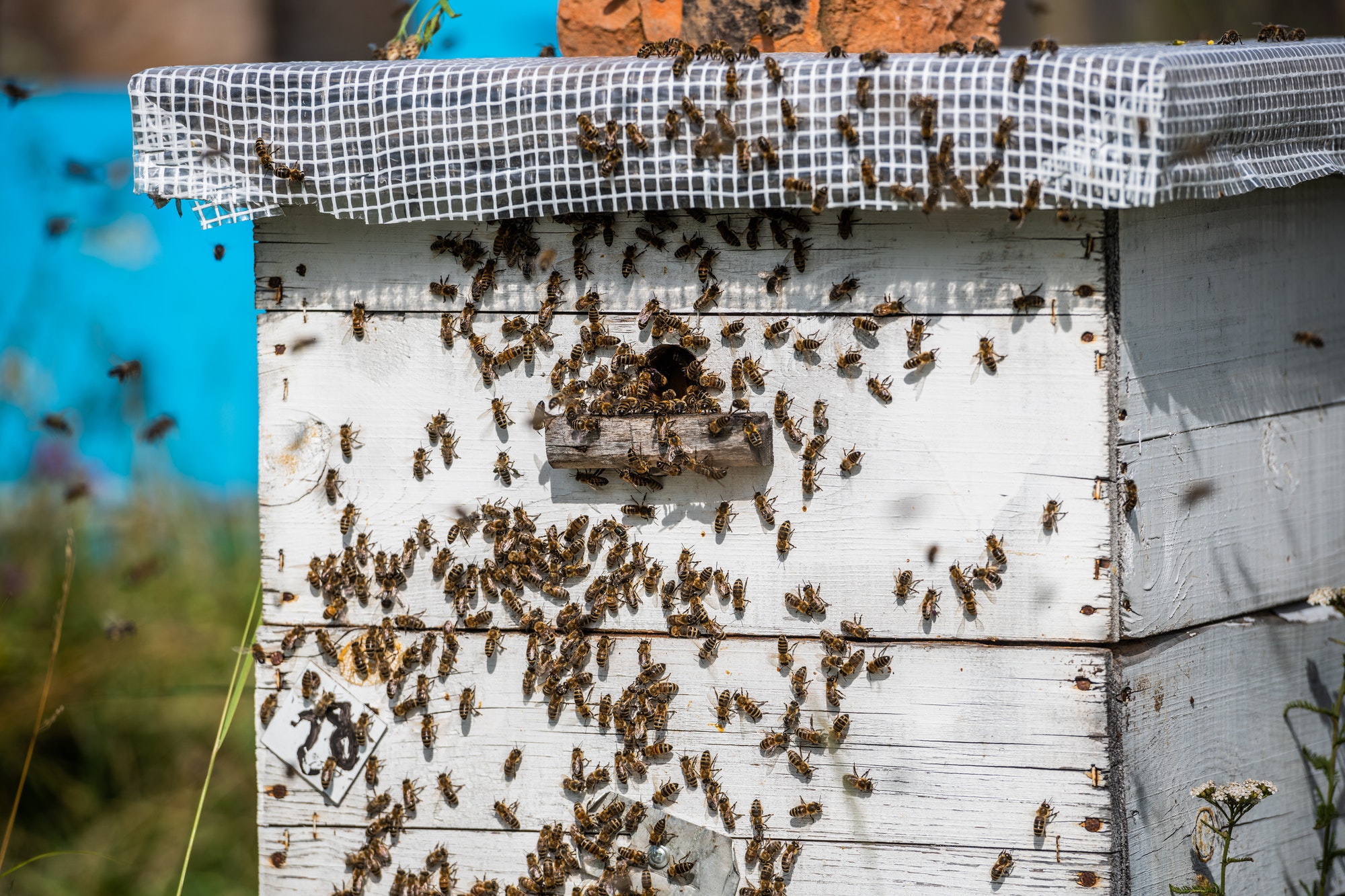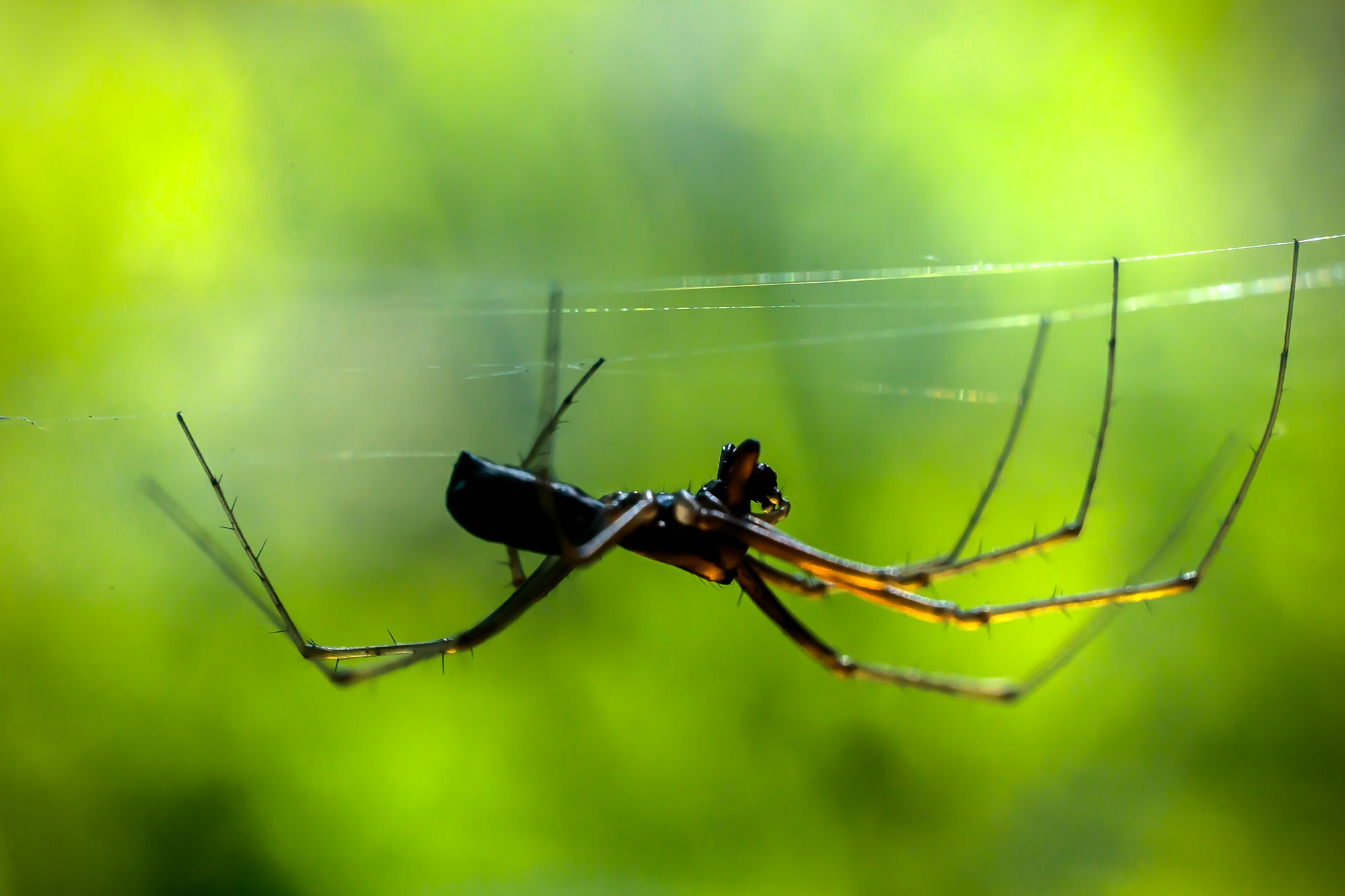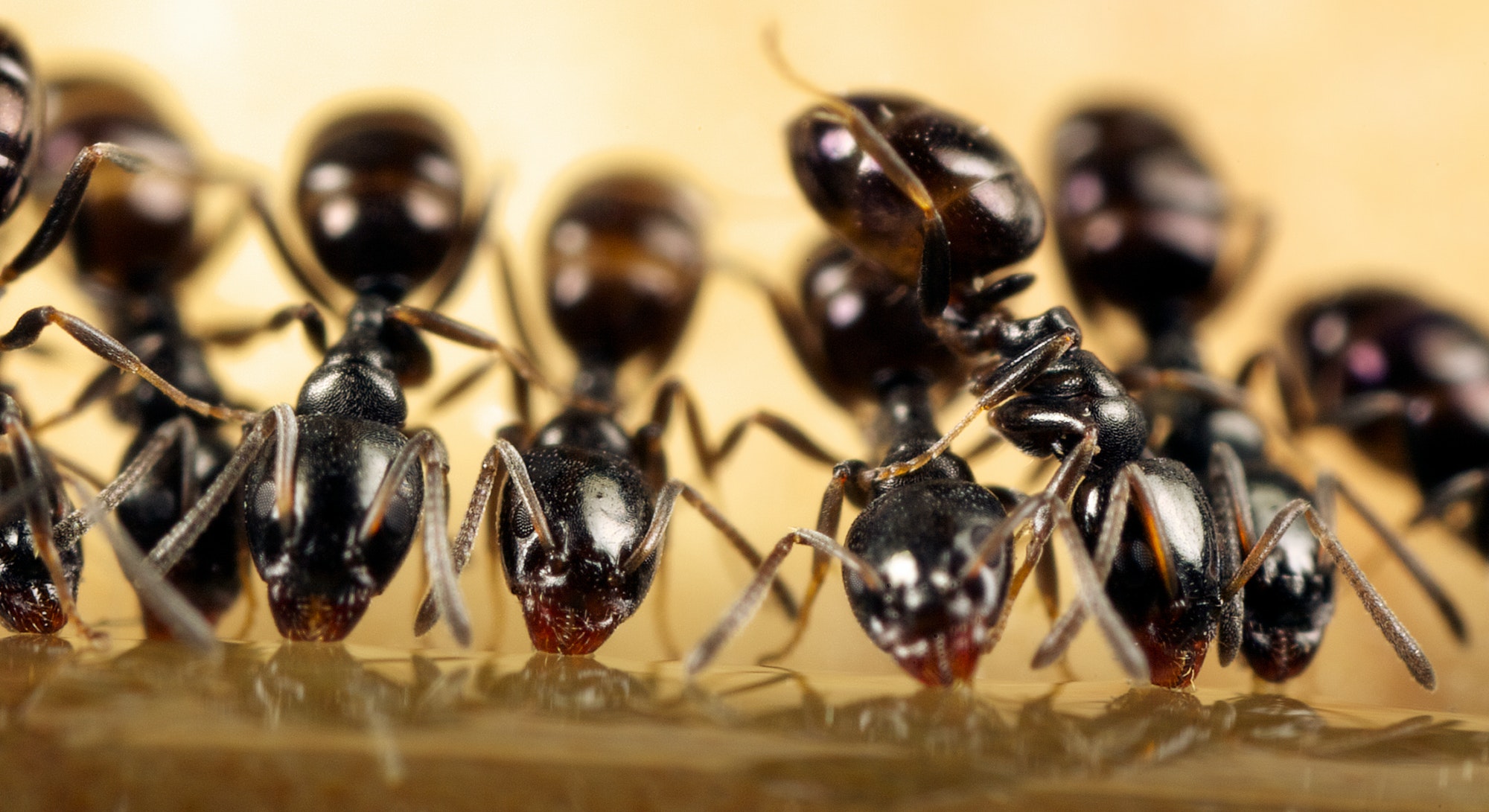Why Bees Are Important For The Ecosystem?
Bees are flying insects that collect nectar and pollen. They are members of the Apidae family, for which there are possibly 20 thousand species of different types of bees. While some make honey, others cannot. Similarly, some bees can sting and some cannot
Honeybees, also known as Apis mellifera, are yellow-brown to dark brown insects of about 12.5 mm long that feed on flower nectar and collect pollen to feed their larvae. Apis mellifera significantly contribute to the economy and simultaneously help the environment through pollination, which ultimately helps our ecosystem.
Bees are known to be one of the most important parts of the environment. Crops such as fruits, vegetables, fiber, nuts, seeds and much more require pollination by insects — bees being the main insect
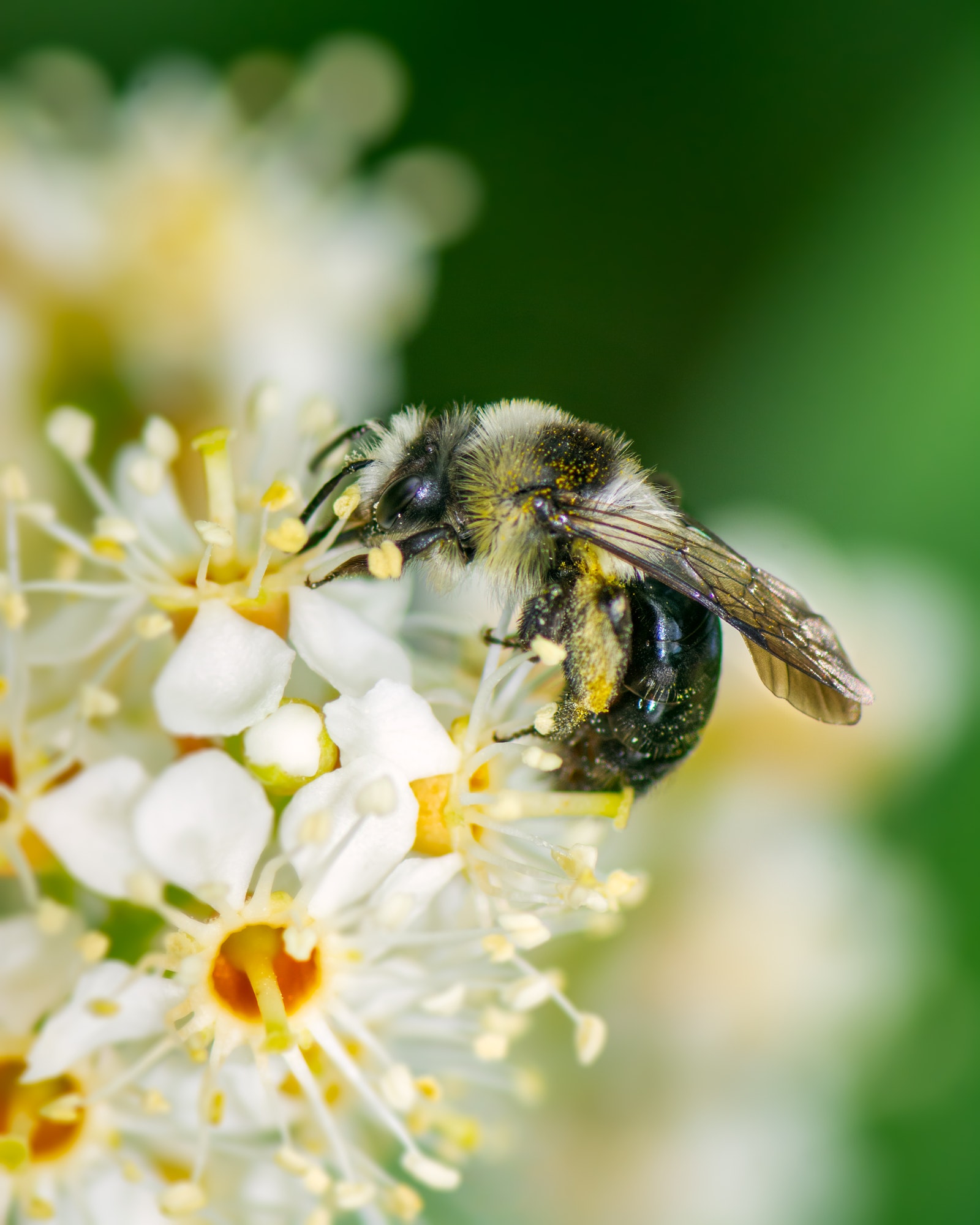
According to statistics presented by the University of Arkansas System’s Division of Agriculture and Research Extension, bees perform more than 80% of pollination on cultivated crops. In addition, it is estimated that $15 billion is contributed by bees to the economy in increased crop yields. This demonstrates the crucial role that bees play in maintaining natural plant communities.
Pollination is the transfer of pollen from the male parts of a flower to the female parts of a flower of the same species, which results in the fertilization of plant ovaries and the production of seeds.
Bees make excellent pollinators because most of their life is spent collecting pollen, a source of protein that they feed to their developing offspring. When a bee lands on a flower, the hairs all over the bees’ body attract pollen grains through electrostatic forces. Stiff hairs on their legs enable them to transform the pollen into specialized brushes or pockets on their legs or body, and then carry it back to their nest.
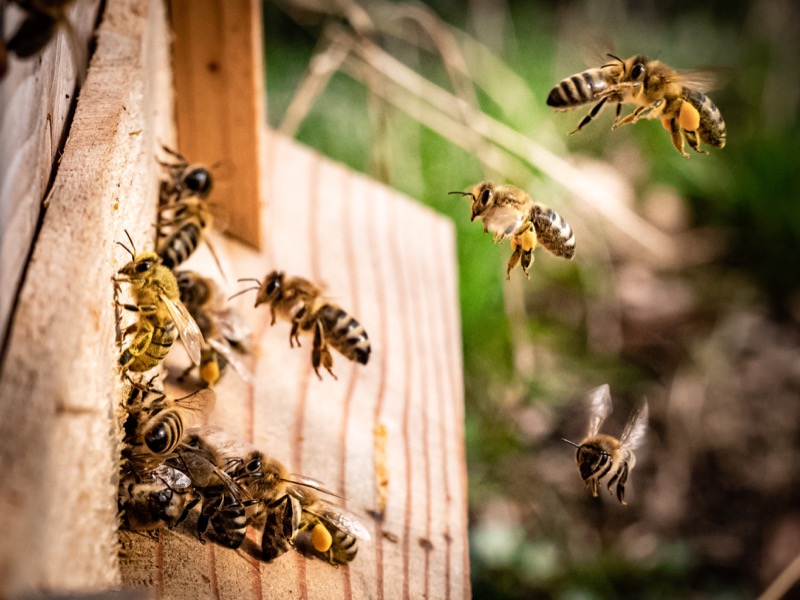
The abilities that make apis mellifera special are that they store honey and make wax. Beekeepers raise them in hives for honey production and pollination. Since there are several types of honeybees, beekeepers choose the type they want according to specific traits that suit their needs. Some are better honey producers, while others are more resistant to disease and capable for winter survival.
Pollination is needed for plants to reproduce, and so many plants depend on bees or other insects as pollinators. Research conducted by Ken-Lou James Hung from the University of California, San Diego shows the importance of honeybees for pollination in natural habitats.
Hung states that honeybees are especially important pollinators for agricultural crops. His research looks into the various regions where Apis mellifera travels for floral visits across the globe. The data presented in Hung’s research demonstrates dense floral visits in North America in comparison to floral visits in other continents. However, western honey bees specifically were shown to be more present in Europe, Middle East, and Africa.
The results of this research show that honeybees “are important as a floral visitor in natural habitats at a global scale”(Hung, 5). In other words, Apis mellifera’s global expansion plays a significant role in pollination of plants to keep the ecosystem running by providing food sources to organisms all over the globe.
It is widely known that trees help the ecosystem by producing oxygen through the process of photosynthesis. However, bees are the ones who pollinate plants and trees, and allow these plants to soak up the carbon dioxide. Without bees, plants and trees would not be able to photosynthesize, and in turn will lead to major imbalance in our ecosystem.
There are many reasons why bees are significant for our ecosystem, and these are just a few. In a world where there are no bees, humans and animals would be in extreme danger since we rely greatly on bees to pollinate crops that are used for alimentation and survival. In other words, without bees, organisms cannot survive.
